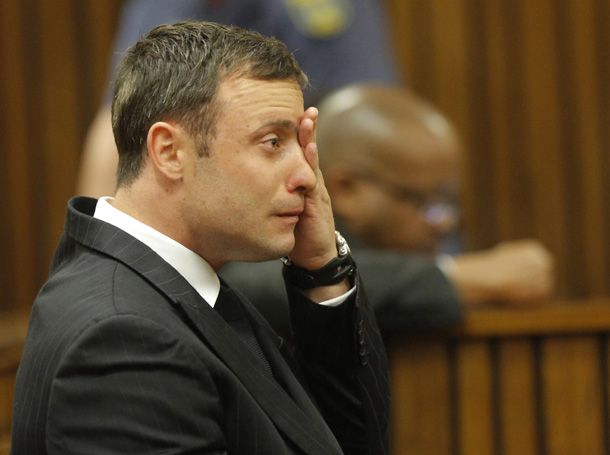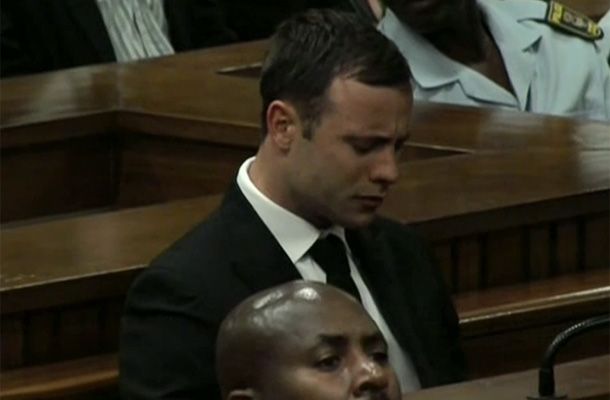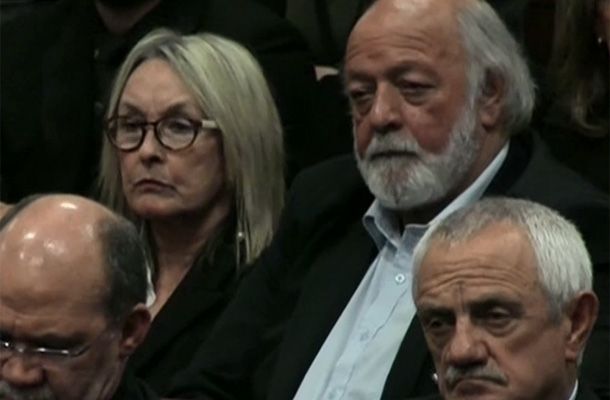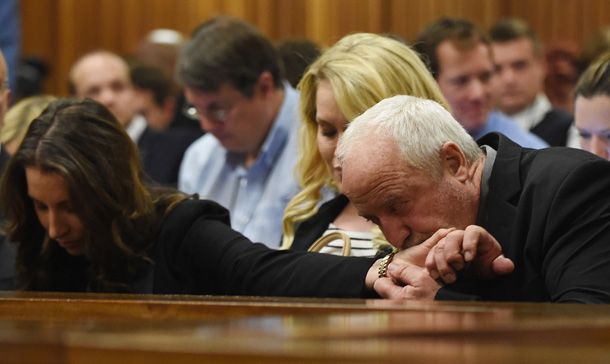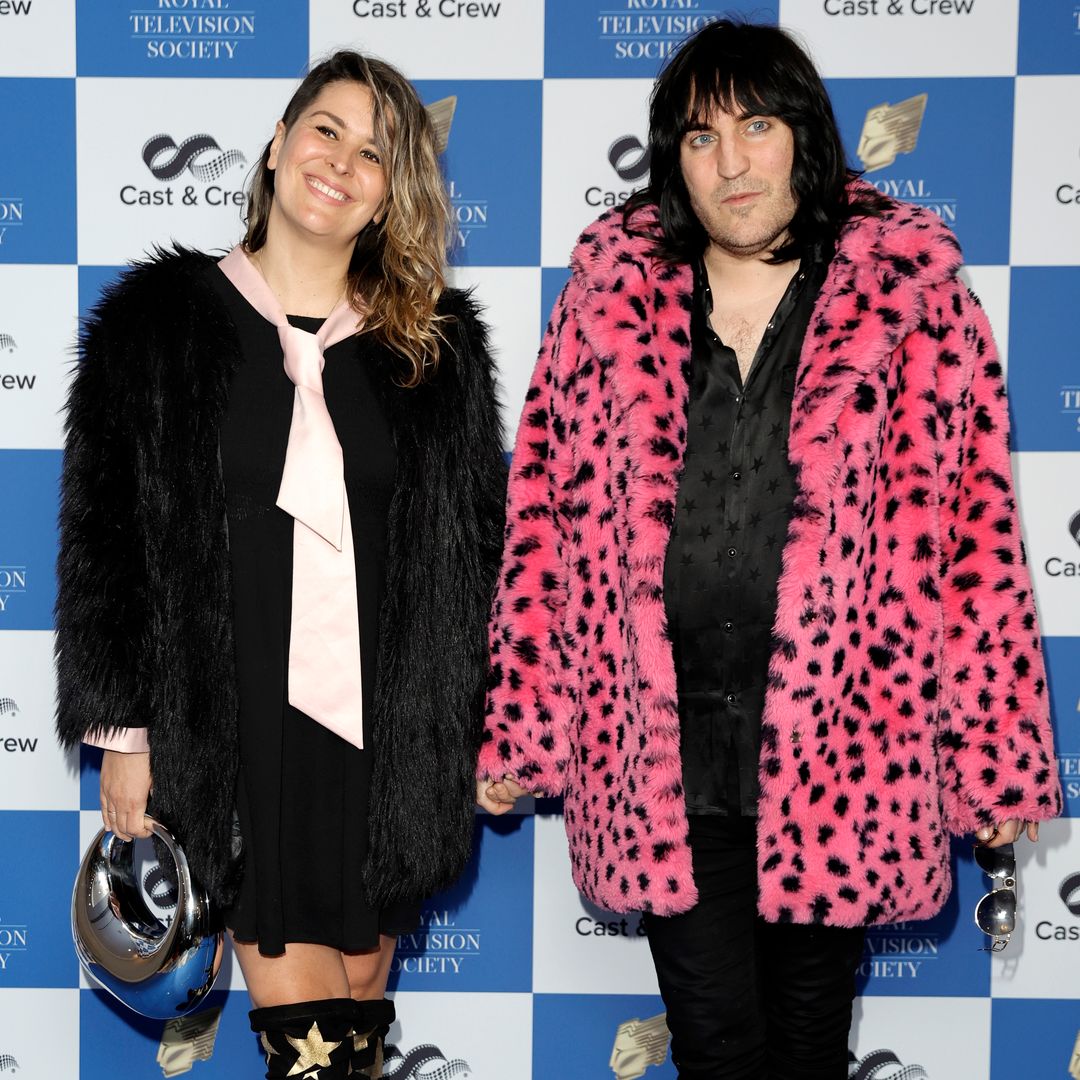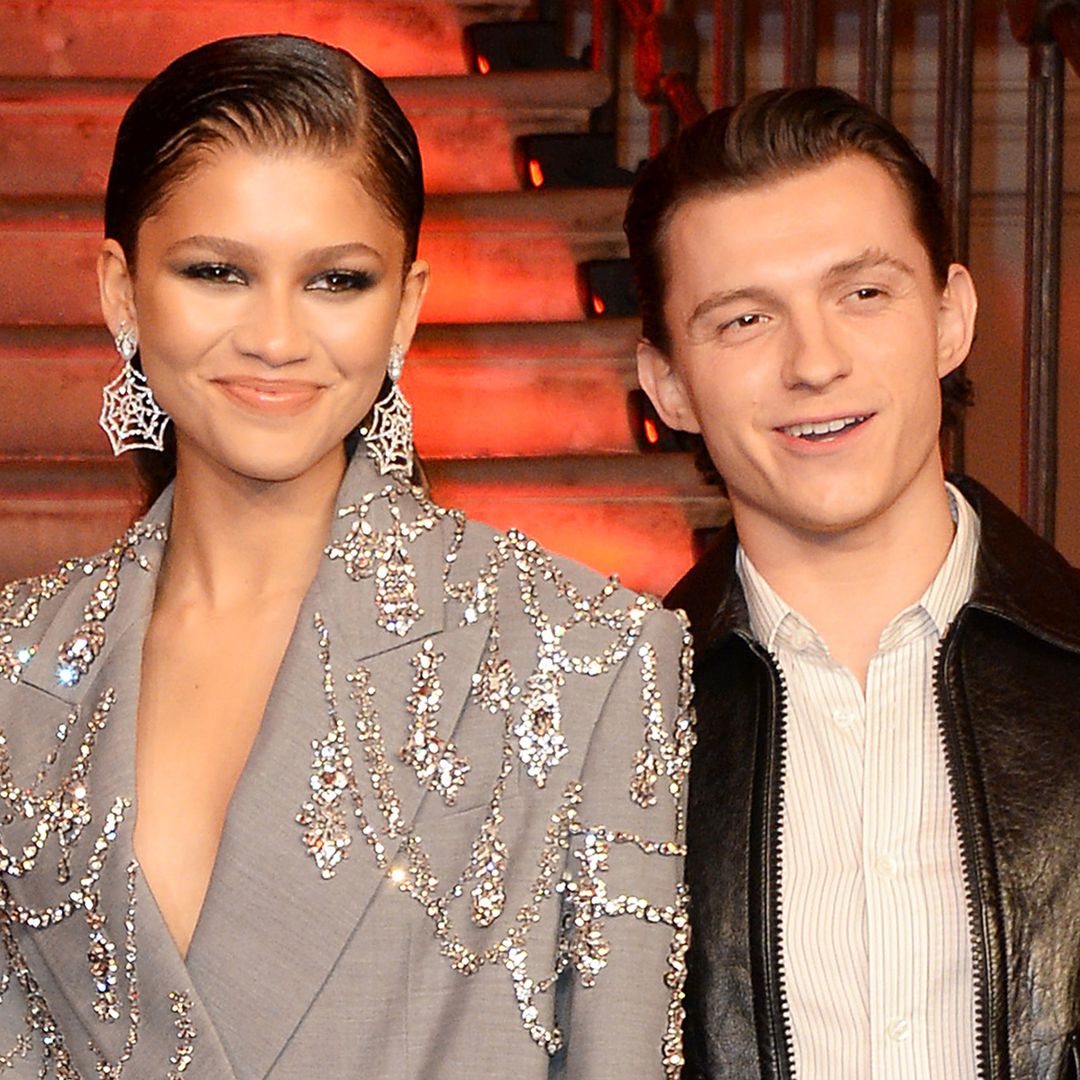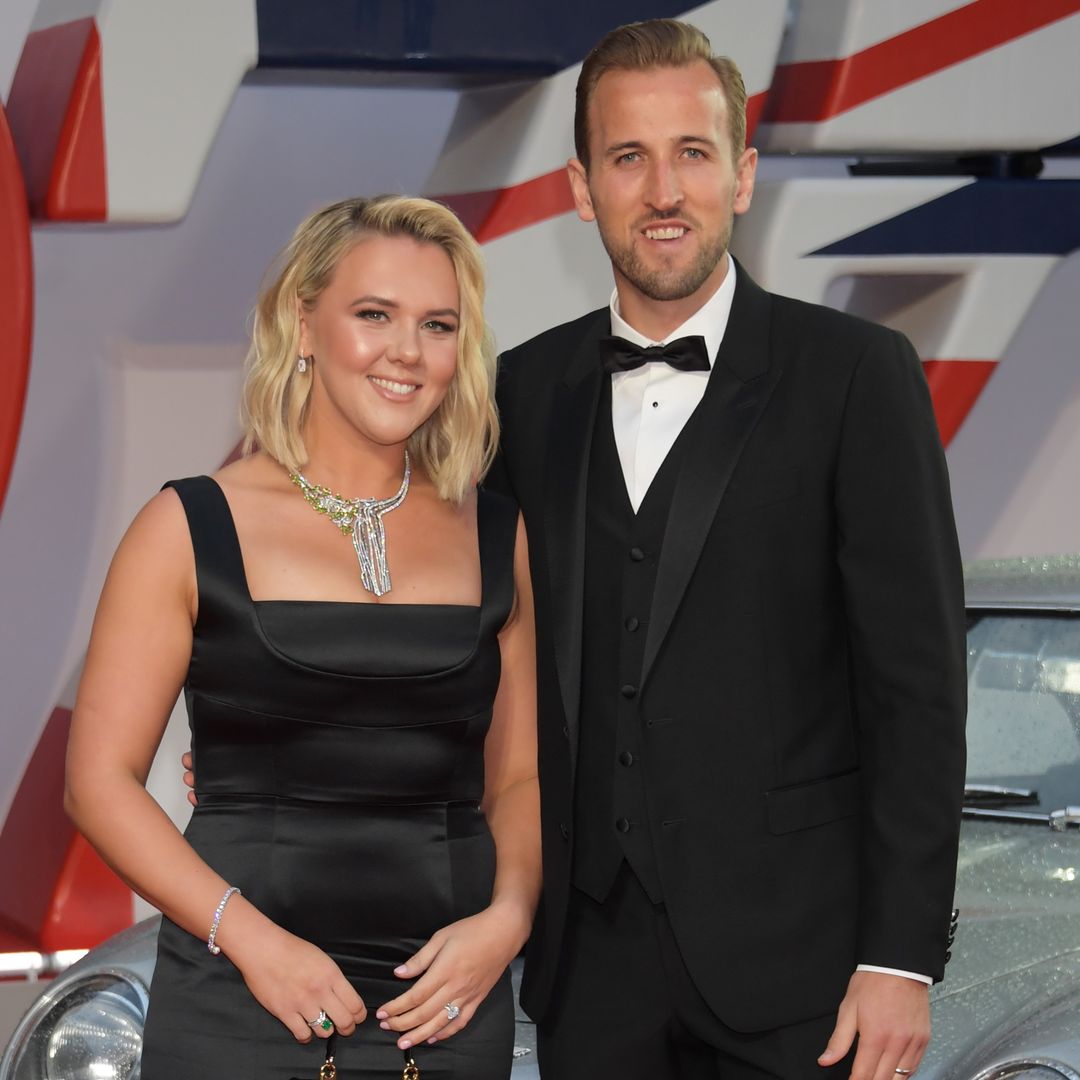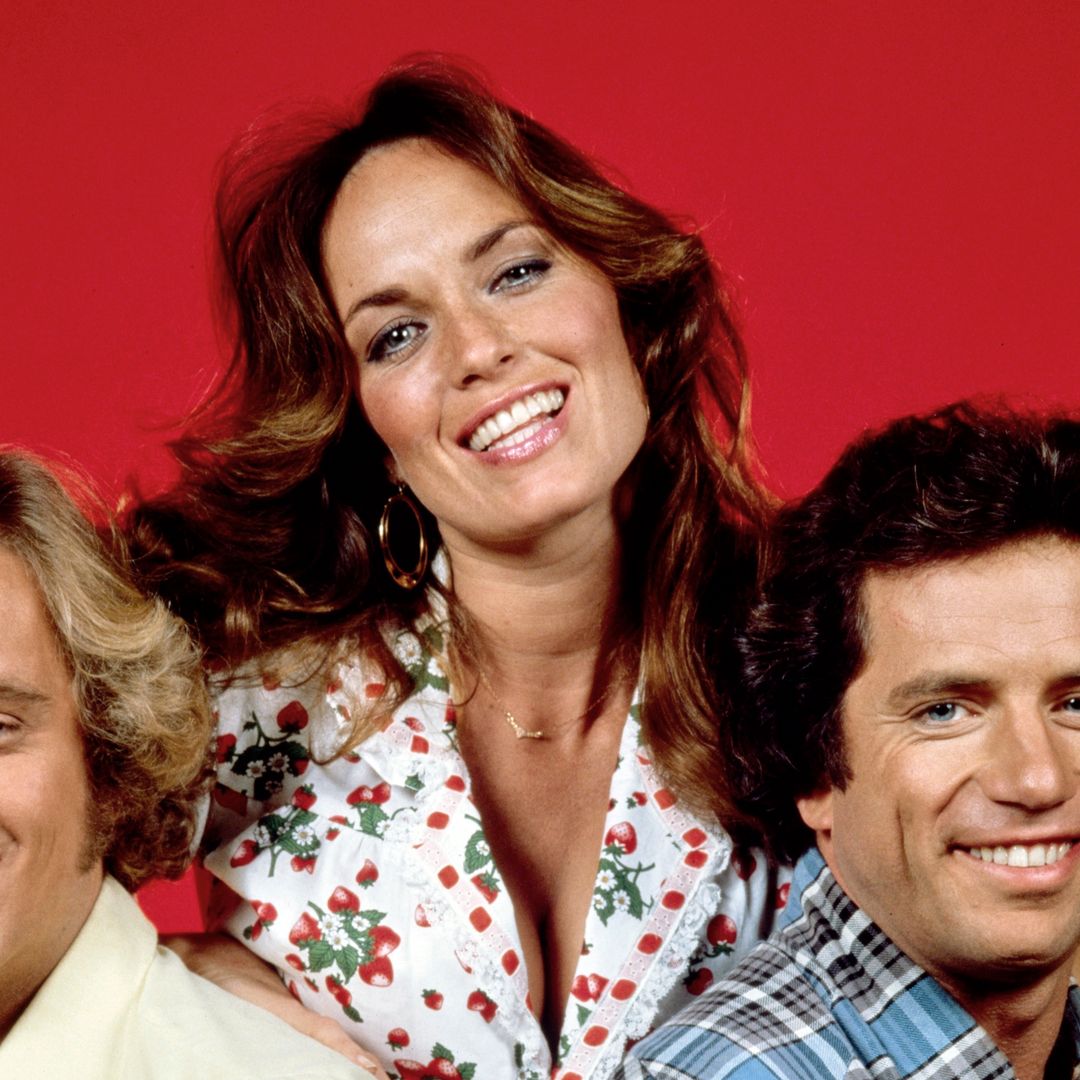Oscar Pistorius has been found not guilty of the murder of Reeva Steenkamp, but the judge warned that a finding of culpable homicide was still possible.Judge Thokozile Masipa will return on Friday to give her ruling on the lesser charge, which still carries a maximum sentence of 15 years.She accepted the Paralympian's defence on the killing saying, the evidence showed he believed an intruder was inside the bathroom when he shot his girlfriend dead in the early hours of Valentine's Day 2013.
Oscar wept as she set out her decision as he had almost from the moment she started speaking in the morning. Behind him, his sister Aimee was also clearly emotional. At one point she reached over to their father Henke for support who responded by kissing her hand.
Reeva's parents June and Barry Steenkamp had arrived an hour-and-a-quarter early, looking grief-stricken and flanked by their own lawyer and family. They remained stony-faced throughout the proceedings, occasionally glancing at Oscar.
Under South African law there is no jury system and the judge reached her decision assisted by two assessors, lawyers who provided an extra set of eyes and ears.
The model and law gradutate was 29 when she was killed. For months the High Court in Pretoria has been gripped by distressing details from the 2013 Valentine's Day date that went so horribly wrong.
The athlete said that he woke in the early hours of the morning and mistook his girlfriend for a burglar as she went to use the bathroom. This account seemed to have convinced the judge, but she said his response to the perceived threat was "excessive" and he was "negligent".
Reeva arrived on February 13 to spend the night in her boyfriend's house in the city's gated Silverwoods Country Estate. She had been dating Oscar since the previous November and they appeared very much in love.
Oscar was born without fibulas in either legs and had his lower limbs amputated at 11 months. With the encouragement of his parents, who always downplayed his disability, the athlete went on to entrance the world with his speed, grace and seeming affability.
Beyond the forensic and ballistics evidence the key issue was really the credibility of the athlete, who had become a poster boy for the Paralympian movement.
Many people in South Africa grow up around violence and do not sleep with a gun under their bed, she said.

